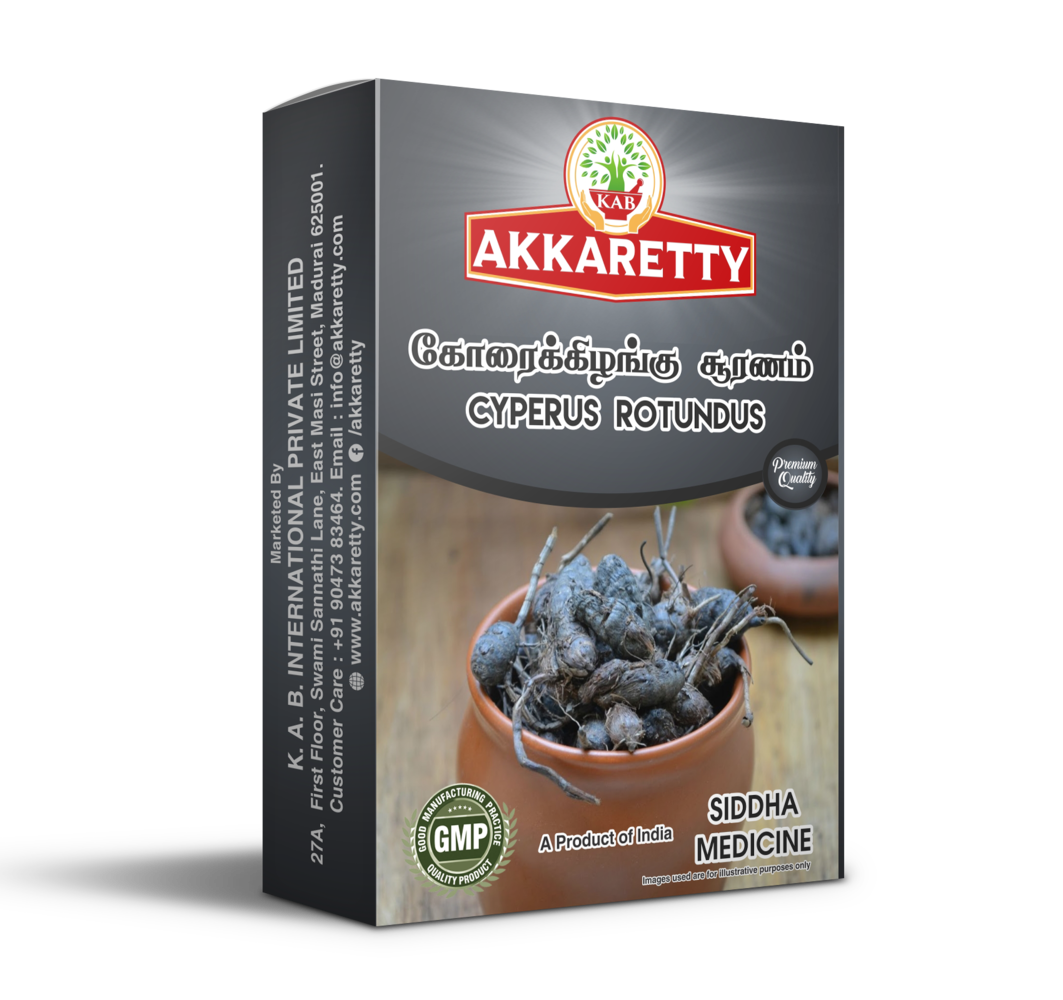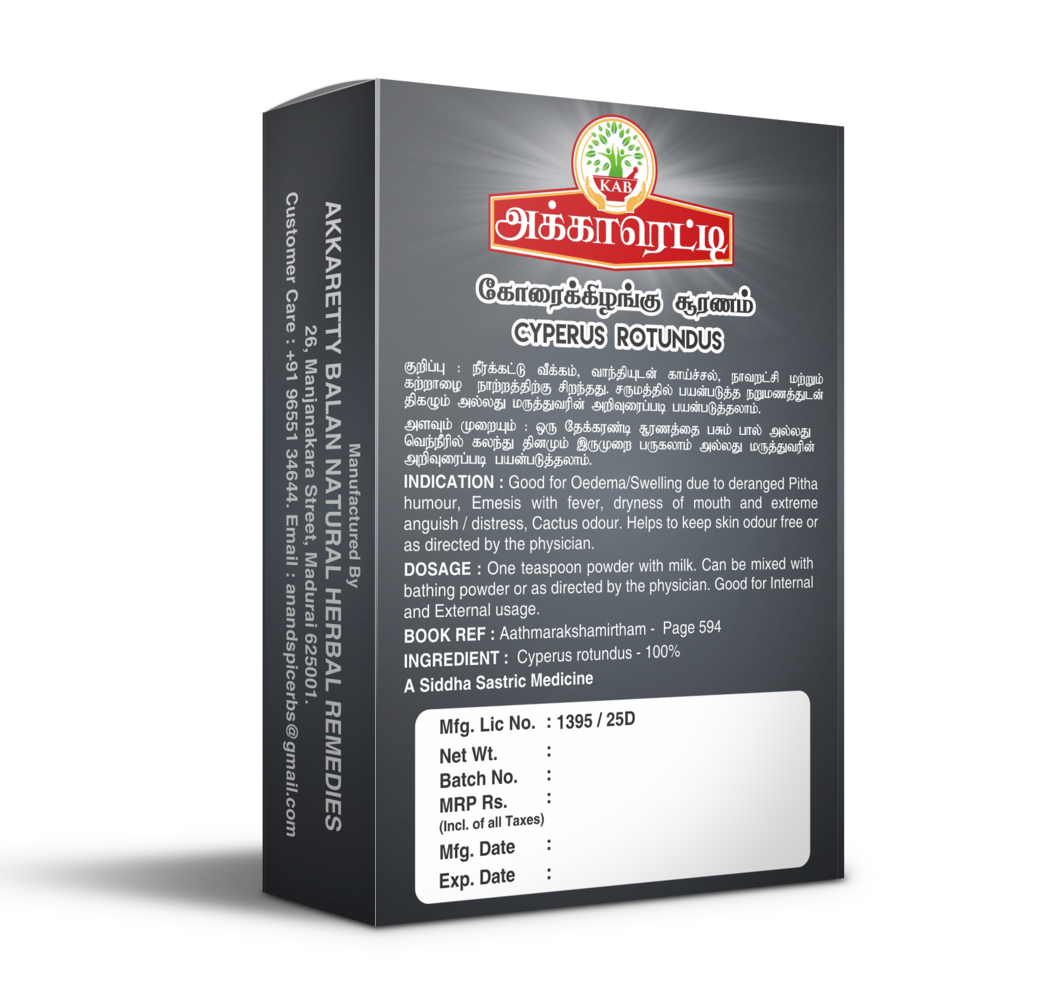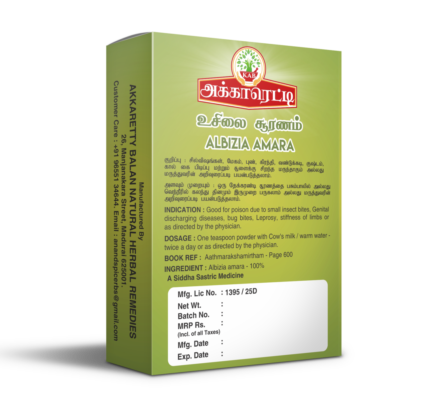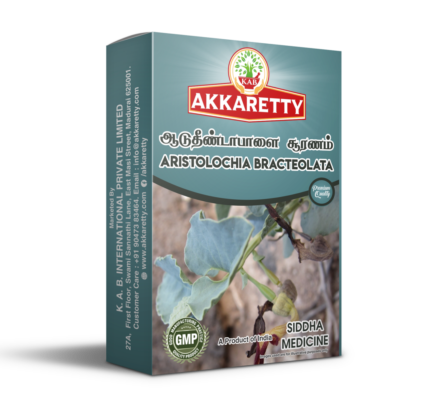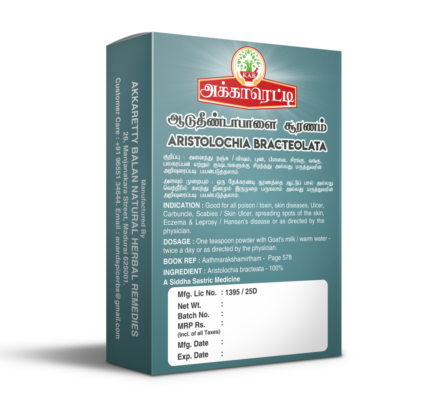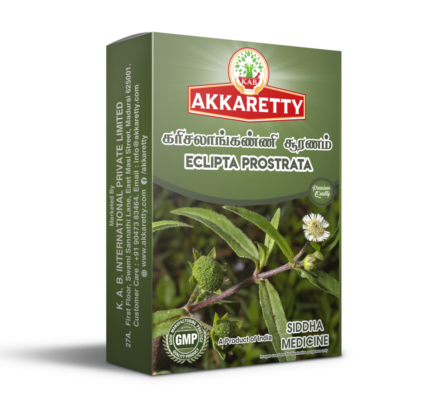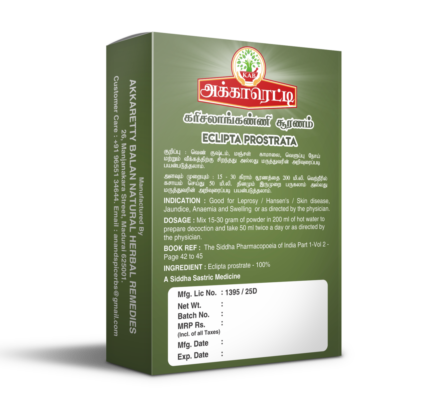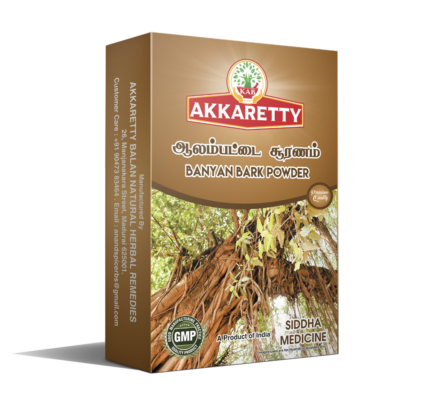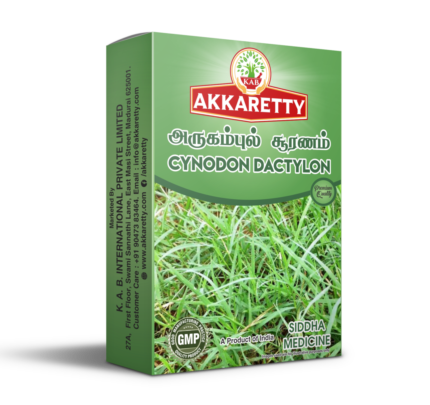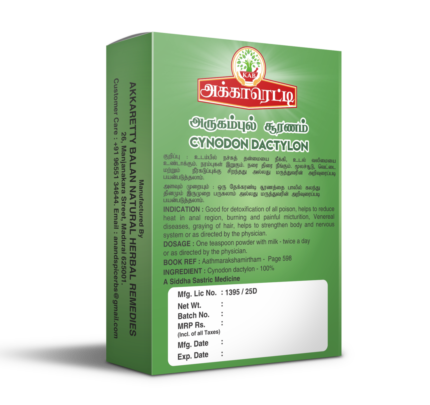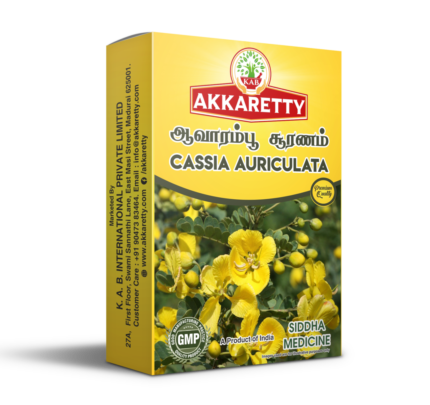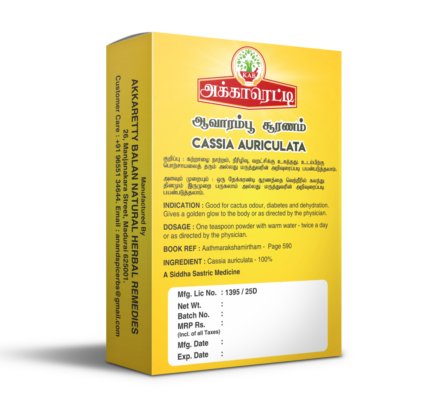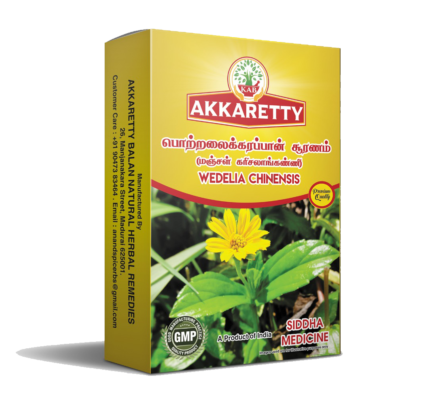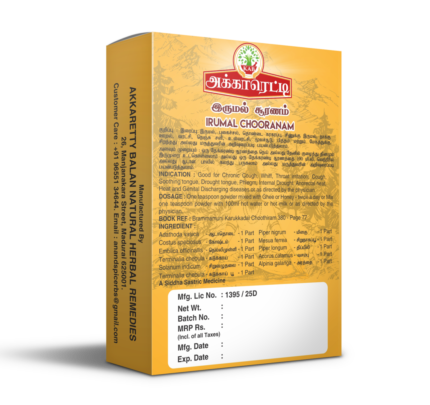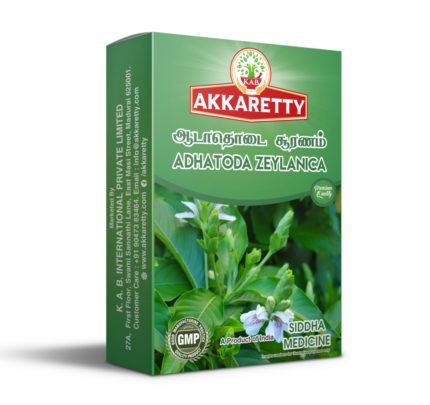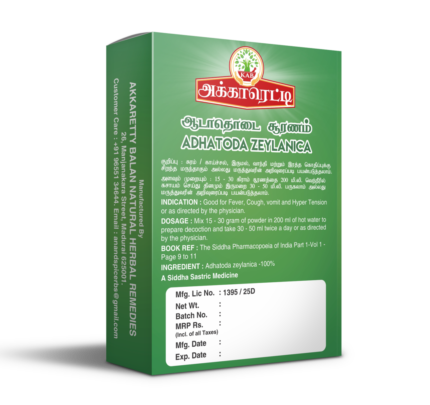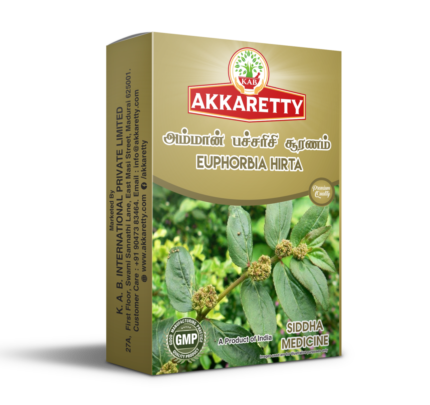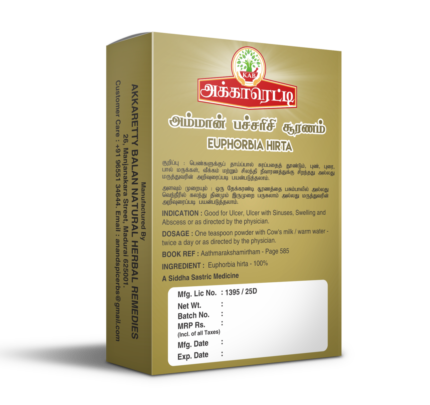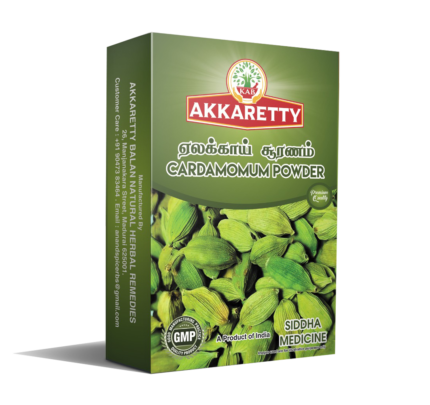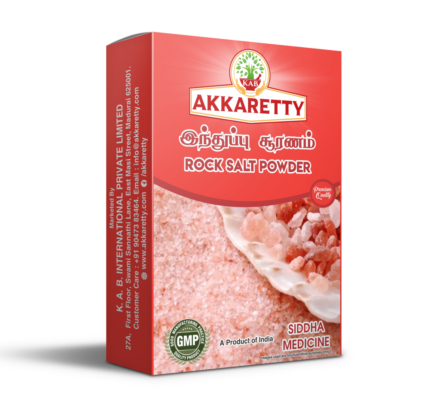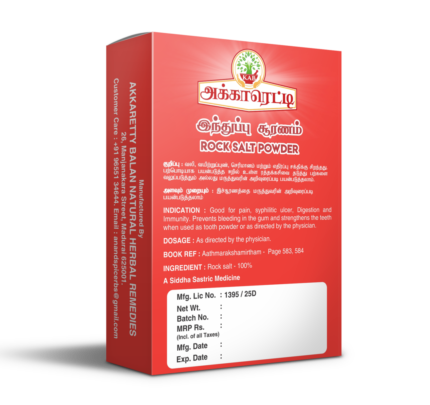Description
Common Nut Sedge is a perennial plant, that may reach a height of up to 40 cm. The names “nut grass” and “nut sedge” (shared with the related species Cyperus esculentus) are derived from its tubers, that somewhat resemble nuts, although botanically they have nothing to do with nuts. Leaves sprout in ranks of three from the base of the plant. The flower stems have a triangular cross-section. The flower is bisexual and has three stamina and a three-stigma carpel. The fruit is a three-angled achene. The root system of a young plant initially forms white, fleshy rhizomes. Some rhizomes grow upward in the soil, then form a bulb-like structure from which new shoots and roots grow, and from the new roots, new rhizomes grow. Other rhizomes grow horizontally or downward, and form dark reddish-brown tubers or chains of tubers.
Medical Benefits:
Good for Emesis with fever, cactus odour, dryness of mouth & extreme anguish / distress.
| Botanical Name | Common Name | Hindi | Malayalam |
|---|---|---|---|
| Cyperus Rotundus | Nut Grass | मोठ / Motha | മുത്തങ്ങ / Muthanga. |




